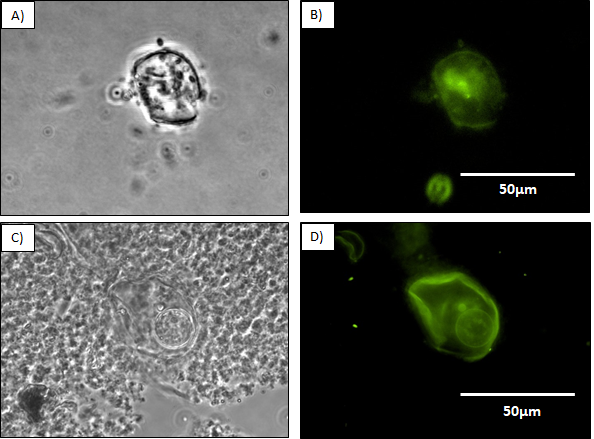We are happy to present our new publication in Environmental Science & Technology. This paper is from Mui-Choo (Florence) Jong’s PhD research on antibiotic resistance (AR) gene transfer in low-energy sponge bioreactors. Florence showed sequential redox conditions generally enhanced AR gene removal, but she also observed very different gene transfer frequencies under different conditions. To test this observation, she developed a reporter assay using a green-fluorescent-protein tagged E. coli to track conjugative AR plasmid fate; the survival of the E. coli host cells; and gene exchange activity in aerobic, anoxic and anaerobic bioreactors, both in biofilms and the liquid phase. Overall, her work, reported in ES&T, show that aerobic conditions are better at reducing AR levels and gene transfer in wastewater ecosystems, perhaps due to the reduced host survival and in situ predation. This has major practical implications to wastewater treatment process design.

